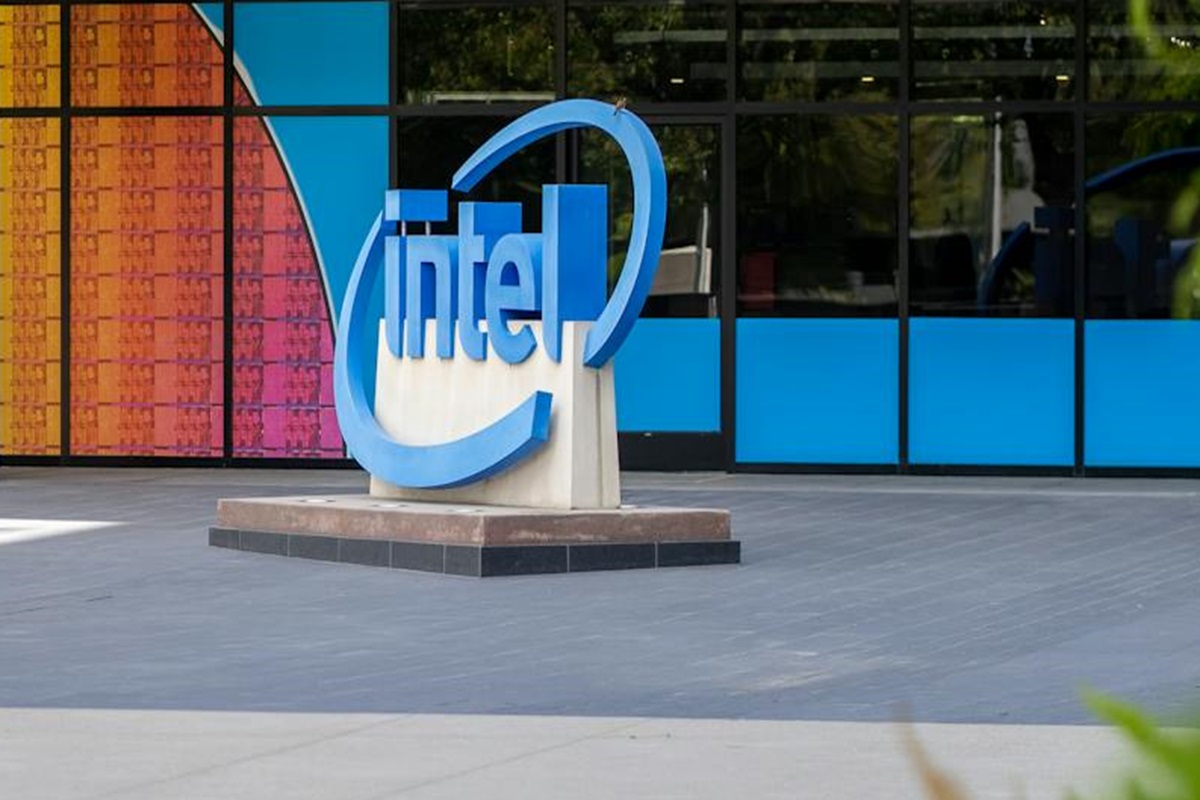Intel has announced its intention to expand its chip packaging and testing base in Chengdu, a city located in the southwestern part of China and the capital of Sichuan province.

The media of the Asian country characterized the mentioned intention of the specified company as a kind of statement of its commitment to the mainland market. It is worth noting that the firm announced new plans related to activities in China after a cybersecurity group backed by Beijing called for a review of Intel’s products.
In addition to expanding the packaging and testing capabilities of server chips, the Chengdu facility will establish a customer solutions center to improve the efficiency of the local supply chain, scale support for the company’s clients living in an Asian country, and improve response time. The relevant information is contained in a message that was posted on the Intel China account on the WeChat virtual platform on Monday, October 28.
The mentioned company, based in Santa Clara, California, will make financial injections worth $300 million into its Chinese entity Intel Products, located in Chengdu. The relevant information is contained in a message that was posted on the WeChat account of the specified city’s Reform and Development Commission.
The Intel plant in Chengdu was launched in 2003. More than half of the laptop processors shipped by the company worldwide are packaged and tested at this facility. It is worth clarifying that packaging and testing are the final stages in the manufacturing of semiconductors, which ensures the quality and reliability of products.
The Chengdu facility plays a critical role in Intel’s global supply chain. There is also a favorable business environment in this city, which paves the way for the stable growth of the company. The corresponding statement was made by Intel chief executive officer Patrick Gelsinger during a visit to Chengdu last year.
Less than two weeks ago the Cyber Security Association of China recommended a review of the company’s products sold in the Asian country. In this case, vulnerabilities found in Intel’s central processors were mentioned. In response to the relevant assertions, the company’s unit, based in the Asian country, declared its readiness to maintain communication with the authorities. Also, in this context, Intel’s commitment to product safety and quality was noted.
Despite the currently observed consistent deterioration of the condition of the relationship between Beijing and Washington and the growth of general geopolitical tensions, China continues to be the largest market for the mentioned company. The Asian country’s share in Intel’s total revenue structure was fixed at 27% last year. It is worth noting that the corresponding share of the United States, which is the domestic market for the company, was 26%. These figures underline the importance of maintaining Intel’s presence in China. It is also worth mentioning that the United States has limited the supply of advanced chips and equipment necessary for the production of microcircuits of the appropriate category to an Asian country.
The last few years have been a period of various difficulties for Intel including those existing in the context of the financial aspect of the company’s activities. Currently, the firm is striving to strengthen its competitiveness in the chip market. In the past, the company was one of the dominant players in the relevant activity space. However, the reality relevant to Intel at a certain point in a symbolic sense ceased to be the road ahead, beamed by the brightest sunlight, turning into cloudy and sometimes gloomy curbs of success. The company is currently striving to improve its position. Theoretically, Intel could become one of the beneficiaries of the high level of consumer demand for artificial intelligence chips associated with the so-called AI boom. At the same time, from the point of view of practical prospects, the corresponding result is not guaranteed, although it does not belong to the category of what can be described as a kind of impossible dream. It is worth noting that the chip market has recently been increasingly focused on artificial intelligence.
Despite striving for a better future, Intel’s performance indicators indicate that, in a symbolic sense, the grim reality continues to be a relevant state of affairs for the company. In the second quarter, the firm recorded losses of $1.6 billion. This result is compounded by the fact that a year earlier the company reported a profit of $1.5 billion. Intel also warned about weaker spending in the consumer and enterprise markets, especially in China.
As we have reported earlier, Intel Announces New AI Chips.









